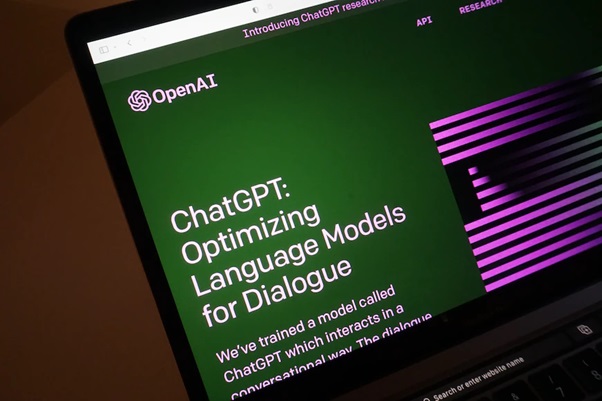
Artificial Intelligence company and the maker of ChatGPT, OpenAI has announced plans to roll out a voice cloning tool feature that can mimic human voices with accuracy.
According to OpenAI via a blogpost titled “Navigating the challenges and opportunities of synthetic voices”, the company said the voice engine uses text input and a single 15 second audio sample that can create emotive and realistic voices.
The company wrote,
Register for Tekedia Mini-MBA edition 18 (Sep 15 – Dec 6, 2025) today for early bird discounts. Do annual for access to Blucera.com.
Tekedia AI in Business Masterclass opens registrations.
Join Tekedia Capital Syndicate and co-invest in great global startups.
Register for Tekedia AI Lab: From Technical Design to Deployment.
“OpenAl is committed to developing safe and broadly beneficial Al. Today we are sharing preliminary insights and results from a small-scale preview of a model called Voice Engine, which uses text input and a single 15-second audio sample to generate natural-sounding speech that closely resembles the original speaker.
“It is notable that a small model with a single 15-second sample can create emotive and realistic voices. We first developed Voice Engine in late 2022, and have used it to power the preset voices available in the text-to-speech API as well as ChatGPT Voice and Read Aloud. At the same time, we are taking a cautious and informed approach to a broader release due to the potential for synthetic voice misuse.
“We hope to start a dialogue on the responsible deployment of synthetic voices, and how society can adapt to these new capabilities. Based on these conversations and the results of these small scale tests, We will make a more informed decision about whether and how to deploy this technology at scale.”
To better understand the potential uses of the technology, late last year, in line with its approach to Al safety and voluntary commitments, the company announced that it chose to preview but not widely release this technology at this time.
OpenAI started privately testing the feature with a small group of trusted partners. The company has so far expressed satisfaction in the product.
The company further stated that it recognizes that generating speech that resembles people’s voices has serious risks, which are especially top of mind in an election year.
Hence, it is engaging with U.S. and international partners from across government, media, entertainment, education, civil society and beyond to ensure that they are incorporating their feedback as they build.
It further hinted that the partners testing Voice Engine have agreed to the company’s usage policies, which prohibit the impersonation of another individual or organization without consent or legal right.
Finally, it announced that it has implemented a set of safety measures, including watermarking to trace the origin of any audio generated by Voice Engine, as well as proactive monitoring of how it’s being used.
Looking ahead OpenAI says Voice Engine is a continuation of the company’s commitment to understand the technical frontier and openly share what is becoming possible with Al.



